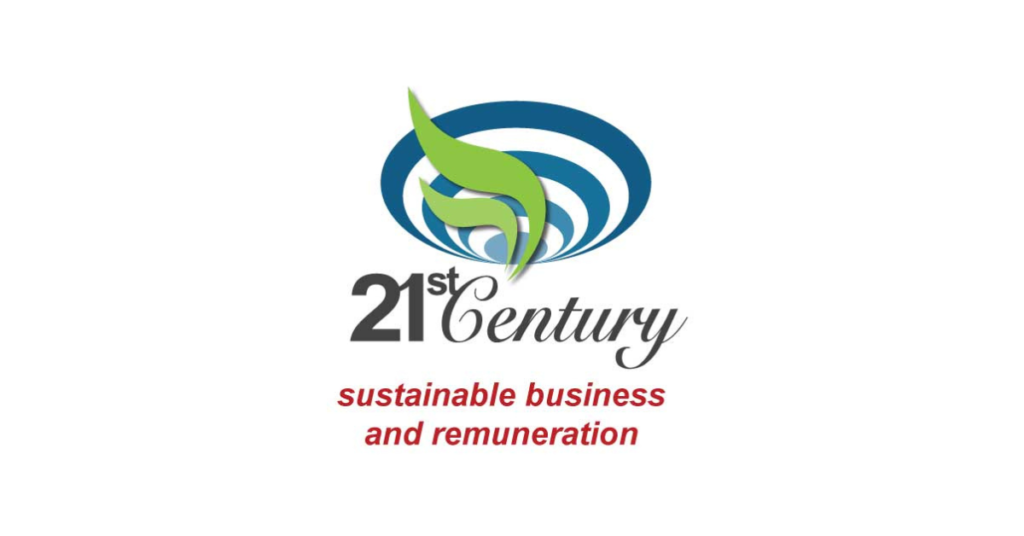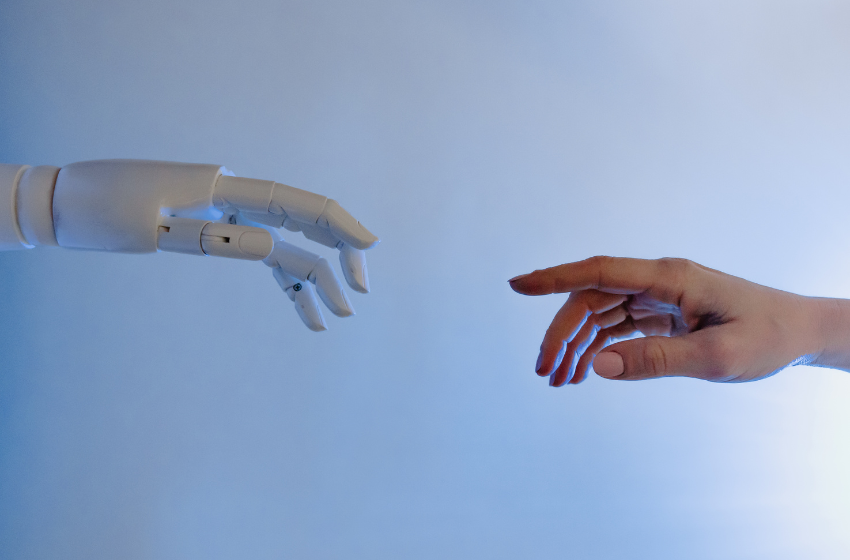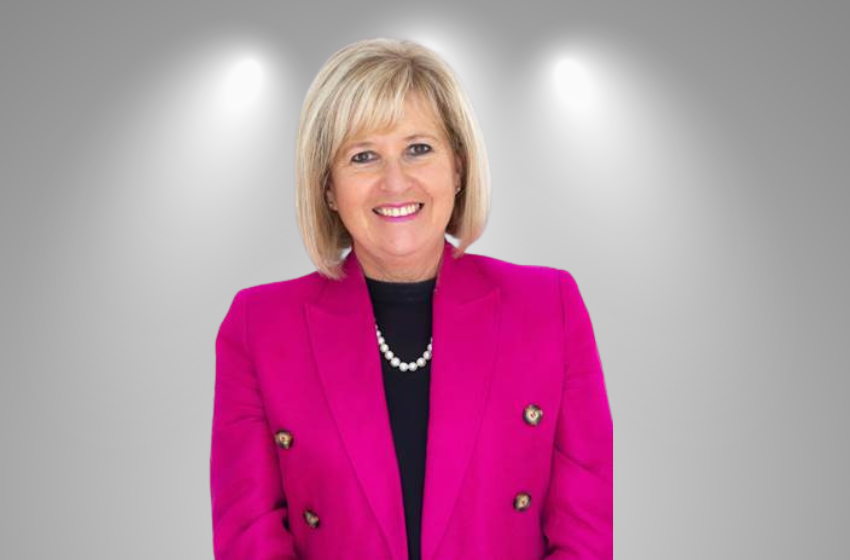
Generational theory offers a practical framework for understanding how collective experiences shape human behaviour across time. Scholars have traditionally delineated Baby Boomers, Generation X, and Millennials based on birth year. Yet, as technology accelerates, these broad categories are perhaps oversimplified, much like a one-size-fits-all suit that fits no one perfectly!
In this article, I am indulging the idea of a model that is based on seven generations, each linked to a decade from 1960 to 2030, and defined by the technological and digital transformations that marked their formative or professional years. This exploration blends academic research with personal reflection (my own multi-email enthusiasm at the age of 62, versus a colleague’s single-inbox caution at the age of 72), offering a fresh perspective on how tech can rewire us.
I have used as a framework the major works in generational theory and digital transformation. Mannheim’s (1952) concept of generational identity, forged by shared historical contexts, provides a theoretical backbone. Tapscott’s (1998) analysis of the Net Generation, and Autry & Berge’s (2011) digital native-immigrant dichotomy gives us a view through a technological lens. Selwyn’s (2012) work on education’s digital shift and Vial’s work (2021) on organisational transformation both add richness to the framework.
Each decade from 1960 to 2030 anchors a generation, inferring its identity from the dominant tech of the period and the impact it has on society. My personal example – my decentralised email strategy in the 1990s, versus my colleague’s centralised mistrust – illustrates how these shifts manifest across people of different ages.

1960s: The Mainframe Cohort (Born 1945–1960)
The 1960s was an era of bold innovation, from moon landings to mainframe computers like the IBM 360. The Mainframe Cohort, born between 1945 and 1960, encountered technology as a monolithic, centralised force. These machines, operated via punch cards and esoteric commands, were the preserve of specialists only. Mannheim (1952) argues that early experiences imprint lasting traits, and for this group, tech was a distant authority to be managed, rather than embraced. My 72-year-old colleague, who in the 1990s insisted on a single email address for his staff, epitomises this mindset. Control was paramount, and trust in tech was tenuous. Their digital transformation was minimal, reflecting a world where computing remained an organisational endeavour, rather than a personal one.
1970s: The Microchip Pioneers (Born 1955–1970)
The 1970s introduced the microchip, shrinking tech from room-sized monsters to desk-friendly devices like the Apple II. The Microchip Pioneers, born between 1955 and 1970, were the first to tinker with personal computing, a shift Tapscott (1998) links to an emergent DIY culture. This cohort adapts and innovates – comfortable with tech as a tool rather than as a tyrant. At 62, I find myself in this cohort, my 1990s adoption of multiple email addresses reflecting a willingness to decentralise—a stark contrast to my colleague’s Mainframe-era caution. Research by Bennett et al. (2008) cautions against over-generalising the adoption of tech, yet the Pioneers’ hands-on ethos marks a pivotal transition in digital engagement.
1980s: The Floppy Disk Practitioners (Born 1965–1980)
By the 1980s, technology became more accessible, with the floppy disk and the IBM PC. The Floppy Disk Practitioners, born between 1965 and1980, navigated a world where tech moved from labs to living rooms. Autry & Berge (2011) calls this cohort the Digital Immigrants, adept at adopting – rather than inheriting – tech fluency. Their era saw the rise of practical computing – word processors, spreadsheets, and the dot-matrix hum – tools that bridged analogue and digital realms. My email proliferation in the 1990s gives a nod to their pragmatism, though with a slightly forward tilt! Selwyn (2012) underscores how this decade democratised tech, yet for Practitioners, it remained a means to an end, not a lifestyle

2020s: The AI Navigators (Born 2005–2020, Maturing 2020–2030)
The 2020s, our current frontier, is defined by artificial intelligence and interconnected systems – think ChatGPT and the metaverse. The AI Navigators, born between 2005 and 2020, are emerging into a world where tech anticipates our needs, from autonomous vehicles to virtual realms. Vial (2021) describes this decade’s transformation as ecosystem-driven, a notion that these Navigators embody as they partner with AI. My email habits and my colleague’s reticence are quaint relics to them; their digital landscape is adaptive, predictive, and immersive. Mannheim’s (1952) lens suggests their identity will fuse with this tech, crafting a generation that is uniquely attuned to artificial agency.
Conclusion: A Reflective Synthesis
This seven-decade model is a way of looking at generational theory through the lens of technological evolution, from mainframes to AI. Each cohort – from the Mainframe Cohort to the AI Navigators – reflects a distinct dance with digital transformation, shaped by the tools and contexts of its time. My own journey at 62, embracing email multiplicity, and my colleagues at 72, clinging to singularity, is a good example of how age can define the way we embrace technology. As Mannheim (1952) posits, shared epochs forge us, yet within each, individual rhythms vary. Using this framework invites the question – how will the Navigators continue to redefine work, learning, and connection? For now, this framework offers us a brief hint at how this may unfold: academic yet alive, reflective yet forward-looking.
This article is based on research conducted by Dr Chris Blair of 21st Century, one of the largest remuneration and HR consultancies in Africa. Please contact us at [email protected] for any further information.

Written by:
Dr Chris Blair, GROUP DIRECTOR of 21st Century, [email protected]
B.Sc. Chem. Eng., MBA – Leadership & Sustainability, PhD – Leadership & Management
About 21st Century:
21st Century, a level 2 BBBEE company, is one of the largest Business and People Solutions consultancies in Africa, specialising in sustainable business solutions and underpinned by exceptional Analytics and Research capabilities, with a team of more than 60 skilled specialists, servicing over 1700 clients – including non-profit organisations, unlisted companies, government, parastatals and over two-thirds of the companies listed on the JSE. 21st Century offers bespoke business and strategy planning services, operating model and organisational design, creative reward practice modelling and market data, change, stakeholder and culture management, training courses and comprehensive human capital and talent plans. 21st Century continues to offer solutions via a combination of virtual channels and on-site presence.
21st Century has five business areas: Remuneration and Reward, Organisational Design, Change Management, People & Talent and Analytics.
21st Century has both national and international capabilities. We offer full-spectrum Human Capital services to sub-Saharan Africa & Middle East clients, and as the African representative of the GECN group (www.gecn.com) have access to expertise on every continent around the world.
Share via:



















